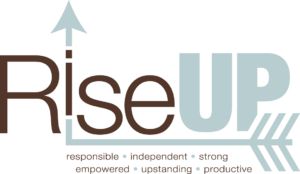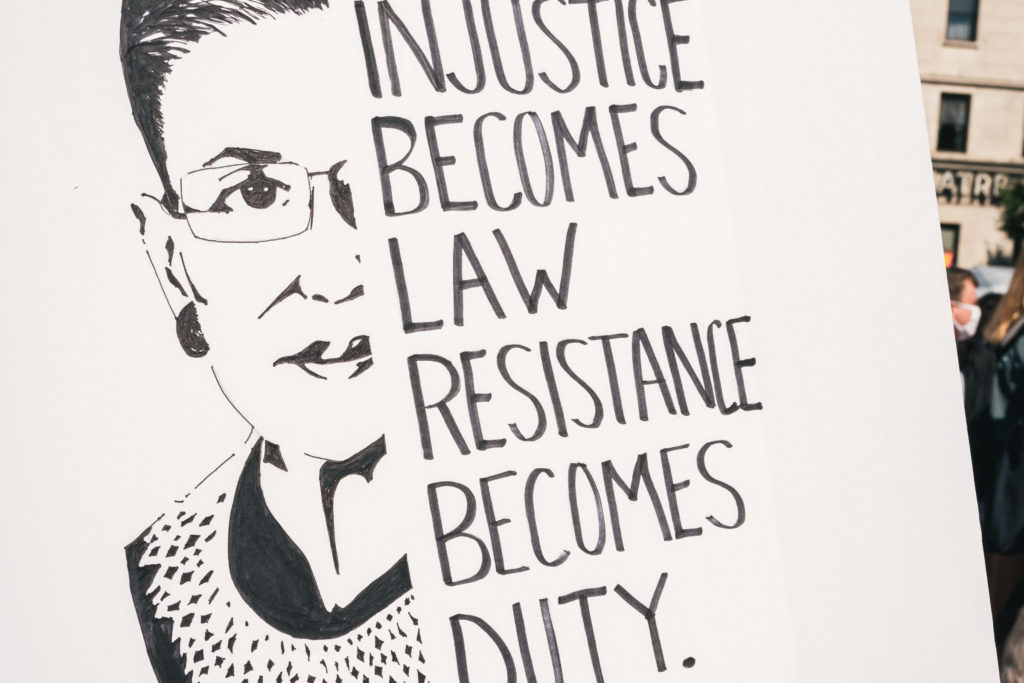From March 1-31, we take time to honor the important contributions of women throughout American history and to celebrate our nation’s progress toward equal rights and empowerment for women.
Everyone has key women in their lives—perhaps a grandmother, mother, sister, cousin, aunt, best friend, colleague, or classmate they hang out with at different events. And men are just as important as women in the pursuit of women’s rights. As a person with a voice, you can help speak for/with others.
Learning about women’s history is important for both young men and women as the fight for gender equality continues around the world. Even if you don’t identify as a female, don’t you care about other humans? A person’s rights and opportunities should not differ based on gender.
If you identify as a female, women’s rights matter because the rights you have can affect how you are treated as a human being. For example, women have been able to vote in America for only 100 years; before the 1920s, only men were allowed to vote.
Women throughout American history have demonstrated way more courage, bravery, and determination than most people realize. They have fought for the right to own and inherit property, to pursue an equal education, to vote, to collect equal pay for equal work, to compete in school sports under Title IX, to control their own bodies, etc. This month helps us teach and learn about powerful women throughout history and the importance of what those women did.
Important Dates for Women’s History
• 1848 – The first women’s rights convention meets in Seneca Falls, New York.
• 1911 – Austria, Denmark, Germany and Switzerland honor International Women’s Day on March 19 for the first time.
• 1920 – Women win the right to vote.
• 1946 – In the inaugural session of the UN General Assembly in 1946, American Eleanor Roosevelt famously read an “open letter to the women of the world,” urging their increased involvement in national and international affairs.
• 1963 – Congress passes the Equal Pay Act to protect against wage discrimination based on gender.
• 2000 – UN Security Council Resolution 1325 becomes the first legal and political framework to call for women’s participation in conflict prevention and resolution and to recognize that war impacts women differently.
How Can I Participate?
• Explore the history of women’s rights and look into more women in history that you may not hear about at school.
• Be aware of issues women still face today.
• Post on social media to spread awareness of women’s history month.
• Wear purple to represent women’s history month and International Women’s Day (March 8).
• Share what you’ve learned with your friends and family.
Notable Women in History
Annie J. Easley (1933-2011) was an African American mathematician, rocket scientist, and computer scientist who worked at the Lewis Research Centre of NASA and its predecessor, NACA. She developed technologies that led to hybrid vehicles and worked on software that has made modern spaceflight possible.
Rosalind Franklin (1930-1958) made the first clear X-ray images of DNA’s structure. Her “Photo 51” informed Crick and Watson of DNA’s double helix structure, for which they were awarded a Nobel Prize. When Franklin died of ovarian cancer in 1958, at age 37, her contribution to DNA’s discovery story remained unacknowledged.
Sacheen Littlefeather (1946-2022) is a Native American civil rights activist. She is best known for presenting a speech on behalf of actor Marlon Brando, declining an Oscar for his performance in The Godfather, when he boycotted the 45th Academy Awards ceremony on March 27, 1973, in protest of the treatment of Native Americans by the film industry.
Margaret Hamilton (1936-) is a computer scientist and mathematician who served as the lead software engineer for Project Apollo. Hamilton’s work to develop the space program’s guidance system prevented an abort of the Apollo 11 moon landing. She’s also credited for coining the term “software engineer.”
Films About Inspiring Women
• The film He Named Me Malala features Nobel Peace Prize laureate Malala Yousafzai from Pakistan, who raised her voice for girls’ rights, especially the right to education. Malala was shot in 2012 by the Taliban, which opposed girls’ education. She survived the injury and has continued her activism ever since.
• The Disney movie Queen of Katwe is about a Ugandan girl living in poverty, who through education learns new skills that lead her on a life-changing journey.
• The documentary RBG is about former Supreme Court Justice Ruth Bader Ginsburg. In it, filmmakers explore how her early legal battles changed the world for women.
Jessica Frye is studying social work at the University of Tennessee in Chattanooga and wrote this while an intern at RiseUP Cooperative.

